Universität der Künste, udk, institut für transmediale gestaltunG, Raumklasse, Berlin
always everything is constantly changing
Lecturer Elke Sterling-Presser
Year 2021/22
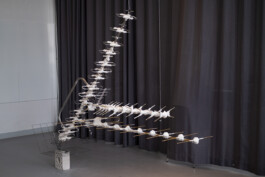
ALWAYS EVERYTHING IS CONSTANTLY CHANGING
Seminar by Elke Sterling-Presser
how can objects metamorphose, mutate and be modified into a new hybrid? you will explore the transformation of shapes, spaces and forms through their structures, appearance and function.
how can objects/spaces be translated into multiple variations and iterations?
is it a matter of definition?
the principles of transformation of geometry and the transformation of materials will be explored in this course through series of manipulations. geometric transformation will be investigated as a design form generation strategy.
this course will be an introduction to 2d/3d digital modelling and 3d printing and will lead you through the design process in rhino and various techniques and methods of visualization. you will be able to visualize and realize various transformation processes.
you will analyze examples of transformable structures and intelligent kinetic architecture from artists, designers and architects. it will be an exploration of the relationships between form, composition and visual perception into space. through the analysis of spatial examples, we will review how transformation principles affect our senses and perception.
Seminar — Winter 2021/22
@udkberlin
@raumklasse_udk
#visuellekommunikation
#udkmedienhaus
MACHINE MADE SPINE
philippe hansen
around me i notice these structures, formations made of linear elements, rods, struts and pipes, fulfilling a wide variety of functions: antennas, scaffolding, power lines, stairways. i have long been fascinated by these systems, which in their complexity and functionality remind me of natural structures, while formed from artificial, machine made elements. i recognize them as the supporting structures of our society, the backbone of the anthropocene.
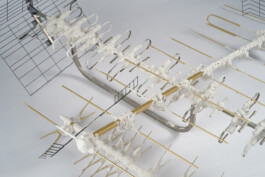
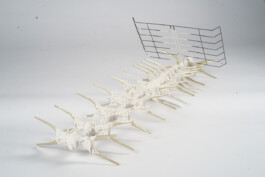
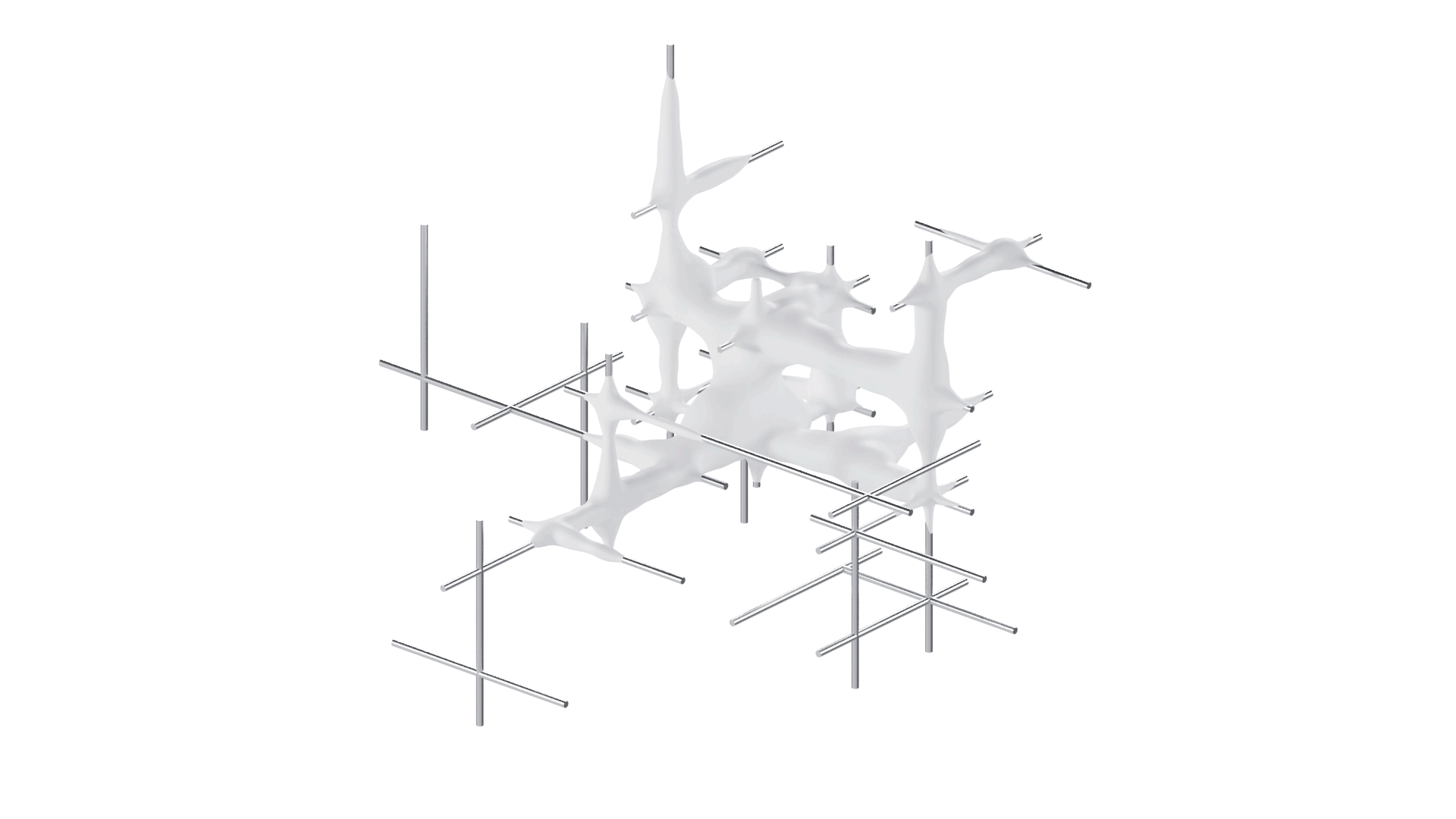
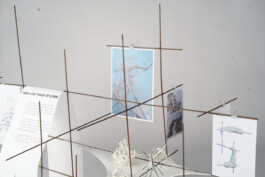
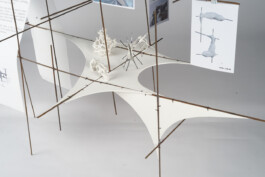
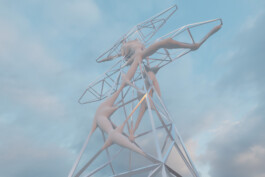
LABORATORY OF FOLDING
janine aschenbrenner
das projekt beschäftigt sich mit der räumlichen entwicklung und formensprache, die durch faltung entsteht. vor allem wird im experimentellen prozess der naturwissenschaftliche aspekt, der der faltung zu grunde liegt, betrachtet. die faltung wird als ein natürlich gegebenes prinzip gesehen, was sich in einer visuellen organik niederschlägt, die bemerkbar ist, je räumlicher die oberfläche transformiert wird. es entsteht ein formvokabular, das sehr lebendig wirkt, an eigene organismen erinnert. einen inhaltlichen schwerpunkt und katalysator für den prozess bildet die philiosphie gilles deleuzes zur faltung, durch die anwendung der von ihm definierten ‚drei operationen der faltung‘ und der theorie, dass es kein innen und außen gibt, sondern das innen gleichzeitig das außen ist, da alles aus einer endlos ineinander gefalteten falte besteht.
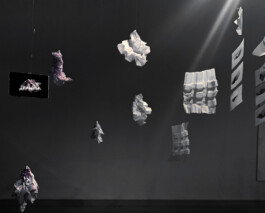
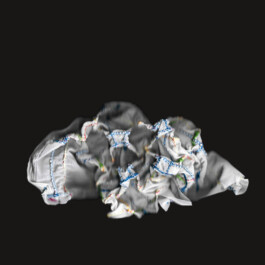
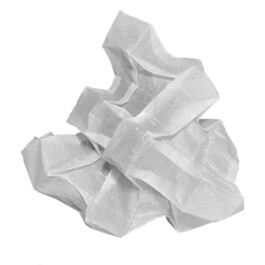
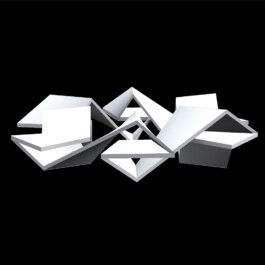
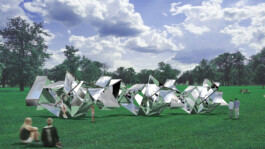
Sterling Presser
Architects Engineers PartGmbB
BERLIN, Germany